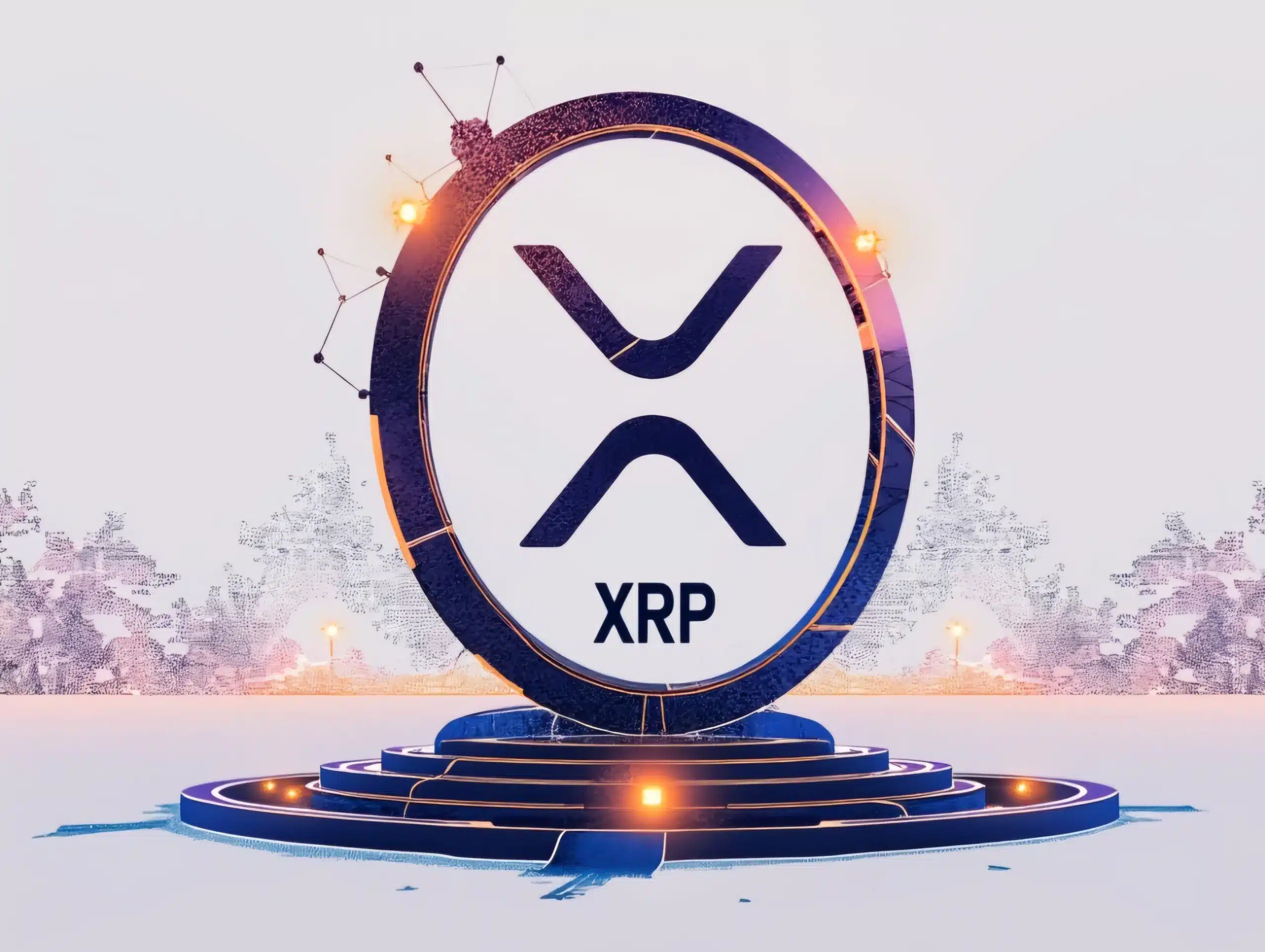In a groundbreaking development for the cryptocurrency industry, Ripple has obtained an in-principle license from the Dubai Financial Services Authority (DFSA). This new regulatory approval paves the way for Ripple to offer its cross-border payment services in the United Arab Emirates (UAE), marking a significant milestone in its global expansion strategy.
What is an In-Principle License?
An in-principle license is an initial regulatory approval that allows a company to begin operations under certain conditions. For Ripple, this license from the DFSA means that the company can start offering its financial services in Dubai while working toward fulfilling all the necessary regulatory requirements to achieve full licensure.
The Significance of Dubai as a Financial Hub
Dubai has long been recognized as a major global financial hub. Its strategic location, business-friendly environment, and well-developed financial infrastructure make it an attractive destination for companies in the fintech and cryptocurrency sectors. The DFSA’s regulatory framework is well-regarded for its comprehensive and transparent guidelines, making this approval a noteworthy achievement for Ripple.
Benefits of Operating in Dubai
- Strategic Geographical Location: Proximity to Europe, Asia, and Africa
- Favorable Regulatory Environment: Transparent and comprehensive regulatory guidelines
- High Demand for Fintech Solutions: Increasing adoption of digital payment systems
Implications for Ripple
This regulatory approval not only enhances Ripple’s credibility but also positions the company for significant growth in the Middle East. The potential for cross-border payments in this region is vast, given the high volume of remittances and international trade transactions.
Expanding Market Reach
With the DFSA approval, Ripple can now facilitate seamless cross-border transactions for businesses and consumers in the UAE. This aligns with the company’s mission to provide more efficient, cost-effective, and transparent payment solutions worldwide.
Boosting Investor Confidence
Obtaining regulatory approval in a key financial market like Dubai can greatly boost investor confidence. It signals to stakeholders that Ripple is committed to compliance and operates within the established legal frameworks, reducing the risks associated with unregulated financial activities.
What This Means for the Cryptocurrency Industry
Ripple’s regulatory milestone in Dubai sets a positive precedent for the broader cryptocurrency industry. It showcases the possibility of achieving regulatory compliance while still fostering innovation. More regulatory approvals could follow, paving the way for increased adoption and legitimacy of cryptocurrencies globally.
Encouraging Regulatory Clarity
One of the significant hurdles for the cryptocurrency industry has been regulatory uncertainty. Ripple’s success in obtaining an in-principle license from the DFSA could encourage other regulators worldwide to provide clearer guidelines for cryptocurrency operations, thereby promoting a more stable and secure market environment.
Attracting More Industry Players
As more countries recognize the importance of fintech and digital currencies, Ripple’s success in Dubai may attract other industry giants to follow suit. This could lead to a more diverse and competitive market, benefiting consumers with better services and more choices.
What’s Next ?
Ripple’s achievement of receiving an in-principle license from the DFSA in Dubai marks a significant step forward in the company’s global expansion efforts. This regulatory green light not only enhances Ripple’s market position but also fosters increased confidence and legitimacy in the broader cryptocurrency industry. The successful navigation of regulatory landscapes is key to the future of digital finance, and Ripple’s approval in Dubai is a strong indicator of positive momentum.
Disclaimer: The information provided in this article is for general informational purposes only and does not constitute professional advice. All content is based on information from sources believed to be accurate at the time of writing. However, the information may be outdated or subject to change. Always seek the advice of a qualified professional regarding any financial, legal, or health-related decisions. The author and publisher of this article are not responsible for any errors, omissions, or results obtained from the use of this information. Reliance on any information provided in this article is solely at your own risk.





 By
By




 By
By
 By
By
 By
By
 By
By



